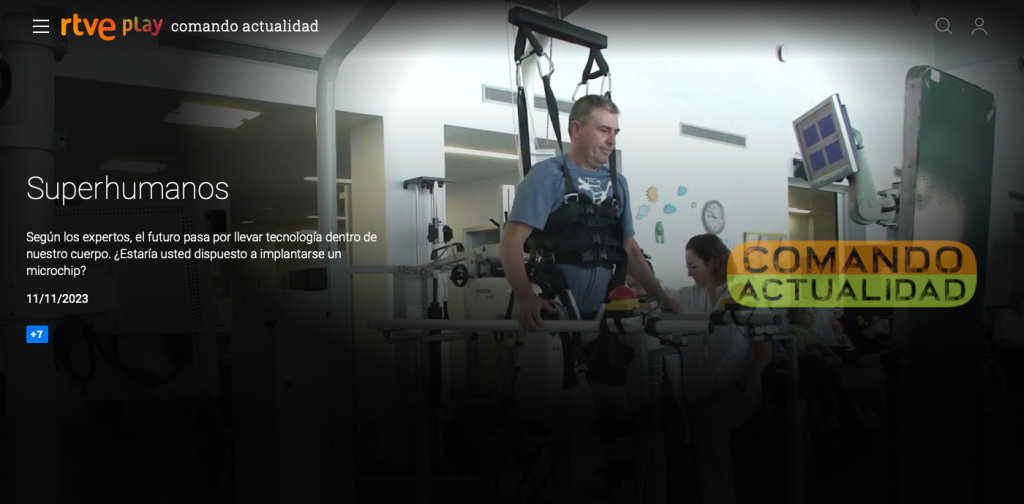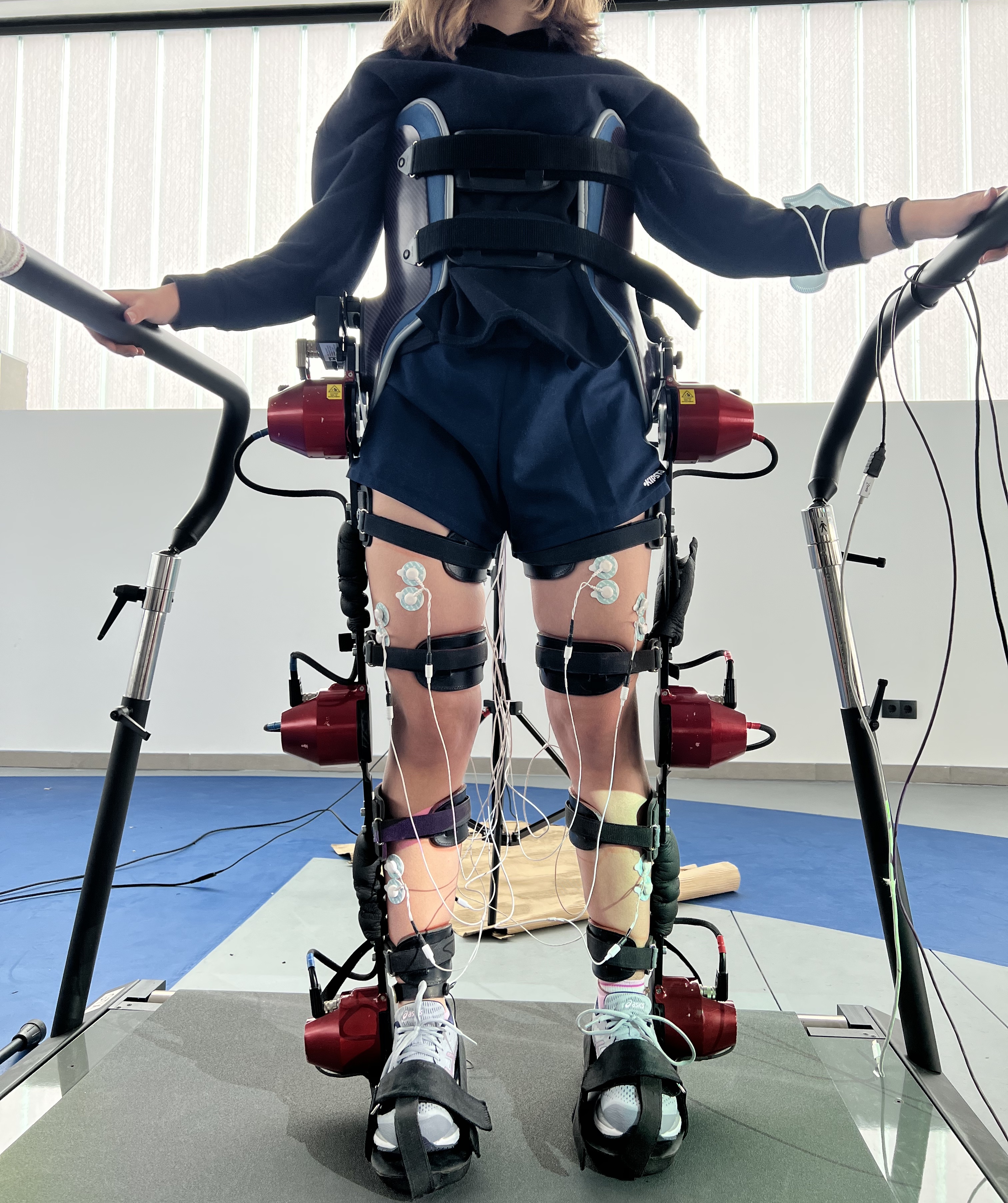Estamos buscando candidatos para trabajar durante un año en el GNR en el marco del programa Investigo de la Comunidad de Madrid.
Los candidatos podrán inscribirse en la oferta en el portal de empleo de la CAM: https://mcyt.educa.madrid.org/empleo/ofertas-destacadas/
Los requisitos son:
1.- Ser mayor de 16 años y menor de 30
2.- Estar inscrito como demandante de empleo desempleado en alguna de las oficinas de empleo de la Comunidad de Madrid (no obstante, podrán ser seleccionados como participantes en este programa jóvenes ocupados siempre que, con carácter previo al inicio del contrato objeto de la subvención, extingan la relación laboral previa y realicen su inscripción en la correspondiente oficina de empleo).
3.-Estar en posesión de alguno de los títulos siguientes: Licenciado, Ingeniero, Arquitecto, Diplomado, Graduado, Ingeniero Técnico, Arquitecto Técnico, título de Doctor o de formación profesional de grado medio o superior.
4.- No se podrán contratar personas jóvenes que hayan desempeñado cualquier tipo de puesto de investigación en el CSIC, en el plazo de 6 meses inmediatamente anteriores a la fecha de solicitud (1 de abril de 2022).
Resumen del proyecto en el que se enmarca la ayuda:
El sector de la Sanidad en el que se enmarca el proyecto tiene como objetivo mejorar los robots actuales para la rehabilitación de la marcha desarrollando un marco de optimización novedoso basado en modelos para promover la neuroplasticidad con herramientas novedosas para el control y la gestión del tratamiento robótico longitudinal. El proyecto implementará una estrategia de investigación necesaria que pondrá énfasis en obtener una mejor comprensión de los mecanismos de la neuroplasticidad, para determinar cómo inducirla y explotarla de manera confiable para maximizar los resultados terapéuticos en la salud de los pacientes. Estos avances previstos en el campo de la neurociencia clínica requieren esfuerzos coordinados para mejorar i) técnicas que permitan registrar la actividad neuronal y la interacción humano-robot en la condición de tratamiento del robot; ii) avances en tecnologías robóticas con detección, actuación y biorretroalimentación precisas integradas para evaluar correctamente el estado de la interacción física entre humanos y robots; iii) algoritmos de control avanzados que pueden caracterizar con mayor precisión las capacidades del paciente en tiempo real, para imponer de manera inteligente la resistencia o el desafío adecuados según sea necesario para optimizar el resultado clínico. En última instancia, el resultado esperado es un enfoque de simulación predictiva para capturar mejoras específicas de tratamientos de la lesión medular en el control neuronal y la función motora.
En las últimas décadas hemos sido testigos de la llegada de exoesqueletos robóticos y neuroprótesis para la rehabilitación y la asistencia de la marcha en personas con patologías neurológicas. Sin embargo, éstas tienen una eficacia limitada debido a su complejidad, costo y generalidad, debido fundamentalmente a que se trata de sistemas genéricos para todo tipo de patologías y capacidades funcionales. El proyecto TAILOR tiene como objetivo desarrollar una nueva generación de exoesqueletos robóticos (WR) y neuroprótesis (NP) que permitan generar soluciones personalizadas al paciente para la compensación funcional de la marcha. Además, la tecnología desarrollada también tendrá la capacidad de hibridación, donde un WR y un NP se combinan como un único dispositivo (robot híbrido, HR) para proporcionar asistencia híbrida de la marcha, optimizando el WR y generando aferencias a través de la estimulación artificial de los músculos.
Para ello se requiere investigar sobre: 1) la caracterización de la función de la marcha basado en un enfoque funcional, independiente de la patología, que permita la personalización basada en la función; 2) modelos neuromusculoesqueléticos específicos de la persona para la simulación de la marcha asistida mediante WR, NP y HR, que permita predecir el resultado funcional para una persona y combinación de WR, NP y HR específica; 3) tecnología WR y NP modular y personalizable que permita combinar y adaptar una solución específica para una persona específica; y 4) el desarrollo de procedimientos estandarizados para la evaluación de las prestaciones, la eficacia y la aceptación de WR, NP y HR, proporcionando datos de referencia para la comparación de las prestaciones, el impacto sobre la función, la facilidad de uso y la aceptación.
Características de las actividades a realizar:
– Diseño, desarrollo, implementación de sistemas robóticos (exoesqueletos, prótesis, etc.) para su aplicación en el tratamiento de enfermedades neurodegenerativas
– Desarrollo hardware
– Diseño y montaje de sistemas electrónicos
Perfil deseado:
– Experiencia en Robótica de Neurorrehabilitación
– Habilidades de desarrollo y montaje de sistemas electrónicos
– Fluidez en inglés hablado y escrito
– Capacidad para trabajar en equipo
Remuneración Bruta: 26010€/año
Investigador responsable: Juan C. Moreno Sastoque




